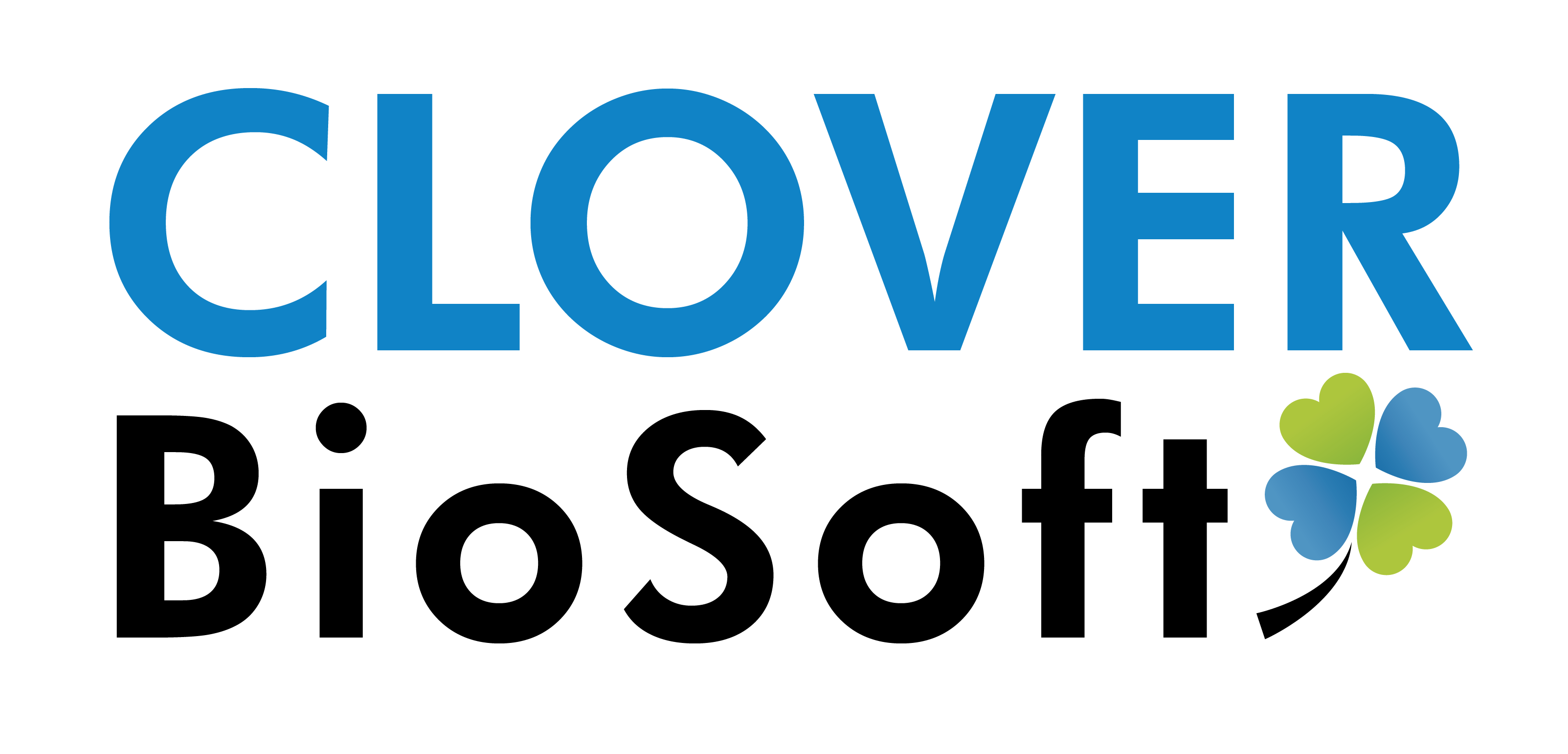Author: Verónica Sánchez Mercado
As we know, antibiotics are medicines used to prevent and treat bacterial infections in humans and animals and resistance mechanisms occur when bacteria change in response to the use of these medicines.
Antimicrobial resistance (AMR) is one of the biggest threats to global health. Nowadays, a growing number of infections are becoming harder to treat as the antibiotics used to treat them become less effective and without measures and laws that control antibiotic use, we are heading for a post-antibiotic era, in which minor injuries can kill once again [1].
Actions can be taken by health professionals, policy makers, healthcare industry, agriculture sector and of course individuals.
The world urgently needs to change the way in which it uses antibiotics, because new resistance mechanisms are spreading globally reducing the efficacy of common antibiotics.
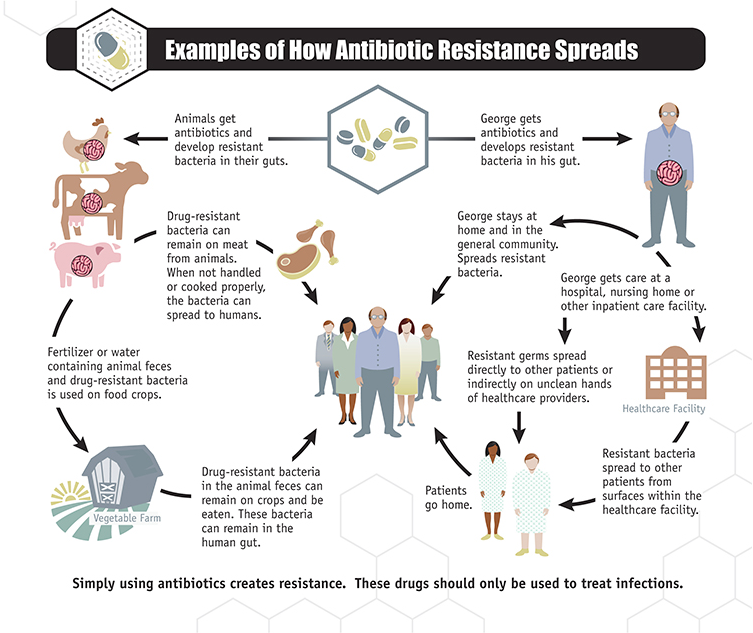
There are many organisations distributed around the world whose objective is to fight against antimicrobial resistance making information available on the impact of AMR and giving measures to prevent and control, educating and sharing expertise.
In this post we are going to talk about some of them:
In Spain there is a Plan Nacional de Resistencia a Antibióticos (PRAN). Their objective is to reduce the selection and spreading risk of antibiotic resistance so it would help to reduce the impact of this problem in human and animal health. This organisation suggest the following strategies to prevent and control [2]:
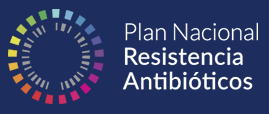
- Surveillance of antibiotic consume
- Bacterial resistance control
- Identify and promote measures of prevention and control
- Information and formation of health professionals
- Communication and awareness of the population
Other international initiatives are:
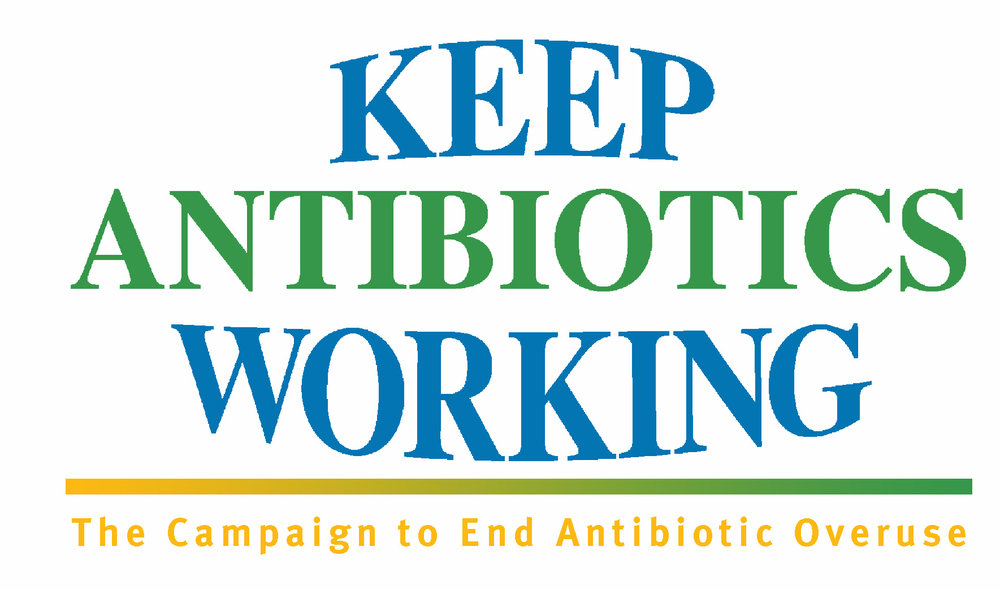
Keep Antibiotic Working (KAW): This coalition fights against the spread of antibiotic resistant superbugs. Formed in 2001, KAW is a coalition of advocacy groups that joined to ensure that untreatable superbugs resulting from the overuse of antibiotics on farms do not reverse the medical advances of the past century [3].

Another initiative is ReAct, an independent global network for concerted action on antibiotic resistance. ReAct aims for profound change in awareness and action to manage the interacting social, political, ecological and technical forces that drive the rising rate of resistant human and animal infection and the rapid spread of resistance within and between communities and countries. ReAct was initiated with the goal to be a global catalyst, advocating and stimulating for global engagement on antibiotic resistance by collaborating with a broad range of organisations, individuals and stakeholders.
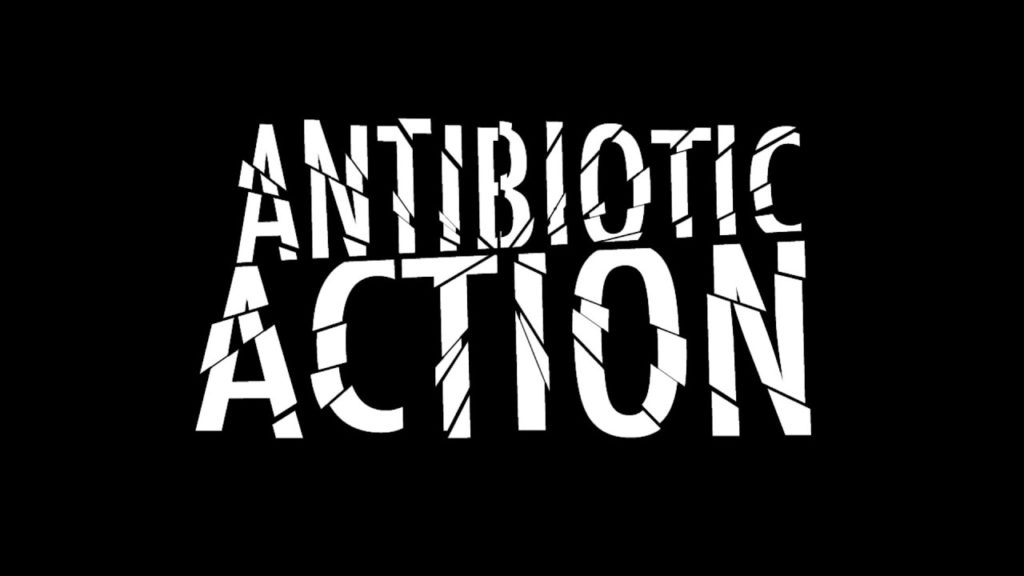
Finally, we have known about Antibiotic Action, a global public awareness initiative to inform everyone about drug resistance. We work with a wide variety of people, including professionals as well as the general public. We urge everyone to use existing antibiotics wisely and we promote the importance of infection, prevention and control. However, we desperately need new treatments for infections and we recommend enhancing global efforts to discover these treatments.
SOURCES:
[1] https://www.who.int/news-room/fact-sheets/detail/antibiotic-resistance
[2] http://www.resistenciaantibioticos.es/en
[3] https://www.keepantibioticsworking.org/
